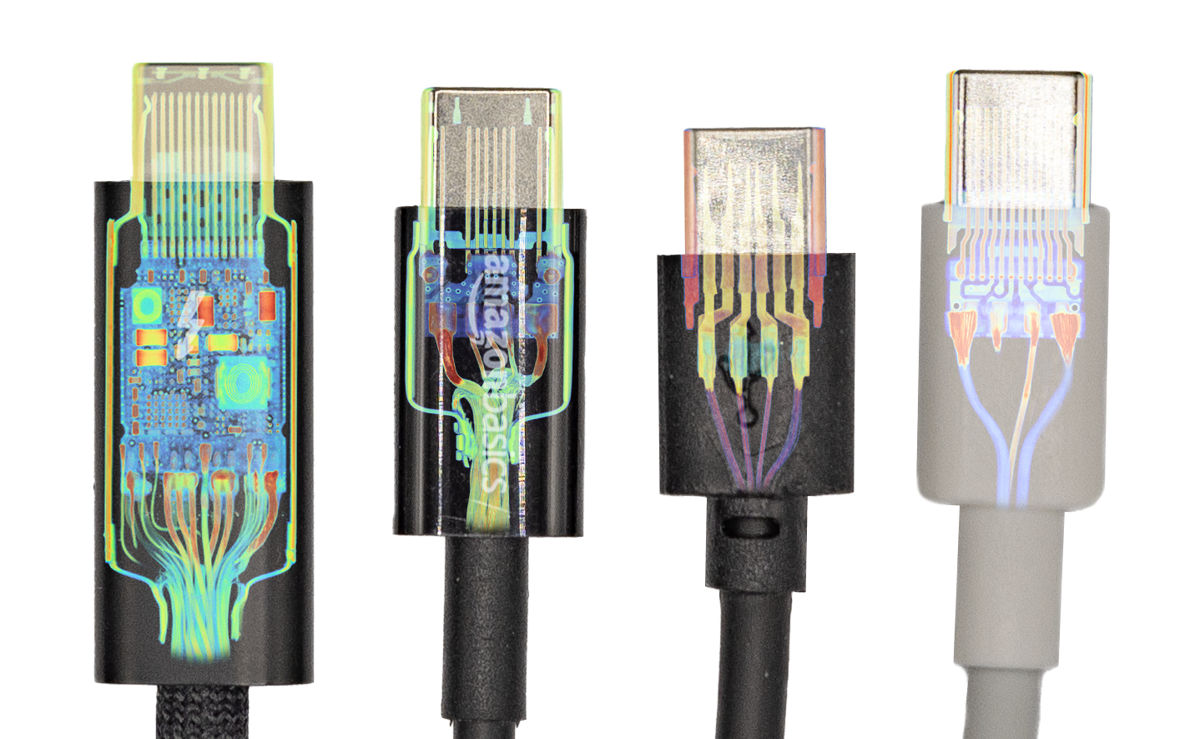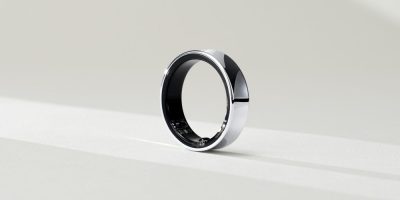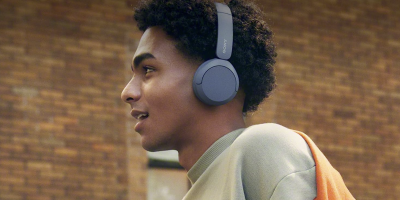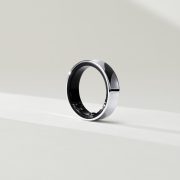There’s a running joke that whenever you buy an Apple product, you have to pay an “Apple tax”, which is basically saying how there seems to be a premium attached to every Apple product, even for their more basic accessories like cables, but it turns out there could be a good reason why.
- Featuring a black braided design that coils without tangling, this 1.8-meter cable supports Thunderbolt 3, Thunderbolt 4, and...
- Use this cable to connect a Mac with Thunderbolt 3 or 4 (USB-C) ports to Thunderbolt (USB-C) and USB displays and devices...
According to a report from Lumafield, they did an X-ray scan comparing USB-C cables across different brands which includes Apple, Amazon, NiceTQ, and ATYFUER. The company used their Neptune industrial X-ray CT scanner and found that more expensive cables like Apple’s Thunderbolt 4 (USB-C) cable were considerably more complex in their design and engineering compared to the competition as you can see in the X-ray scans below.

Image credit – Lumafield
Apple’s cable features a thoughtfully-designed printed circuit board and has a ton of wiring that supports features like USB-C, Thunderbolt 3, and Thunderbolt 4, along with USB 4 transfer speeds that go up to 40Gb/s. This is versus other cables like the Amazon Basics USB-C cable that supports transfer speeds of up to 480MB/s and are slightly more basic in their design.
This doesn’t mean that first-party accessories are “better”. Depending on your needs, the Amazon Basics cable could be more than enough. It does, however, make for some pretty interesting insight as to why some companies charge more than others for their accessories and why sometimes, just sometimes, those prices could be justified.
- USB-IF Certified, connects any USB-C enabled devices. For power transfer/charging smartphones, power banks, wall/car...
- In the box: 1 cable, 9 foot 15W USB-C 2.0 cable for charging and powering devices, transfering data, photos, and music
This is also not the first time we’ve seen a breakdown of USB-C cables. Several years ago, Google engineer Benson Leung did a test on different USB-C cables and found that some of them were so badly designed it actually destroyed the computer he was using to test the cables out on.
Now, it wouldn’t be realistic or feasible for the average consumer to request X-ray scans of every single USB-C cable or necessarily understand the engineering complexities and choices behind it. So, the next time you’re shopping for a USB-C cable and are curious why some cables are more expensive than others, this could be something to think about.
Source: Lumafield
Note: this article may contain affiliate links that help support our authors and keep the Phandroid servers running.













Comments